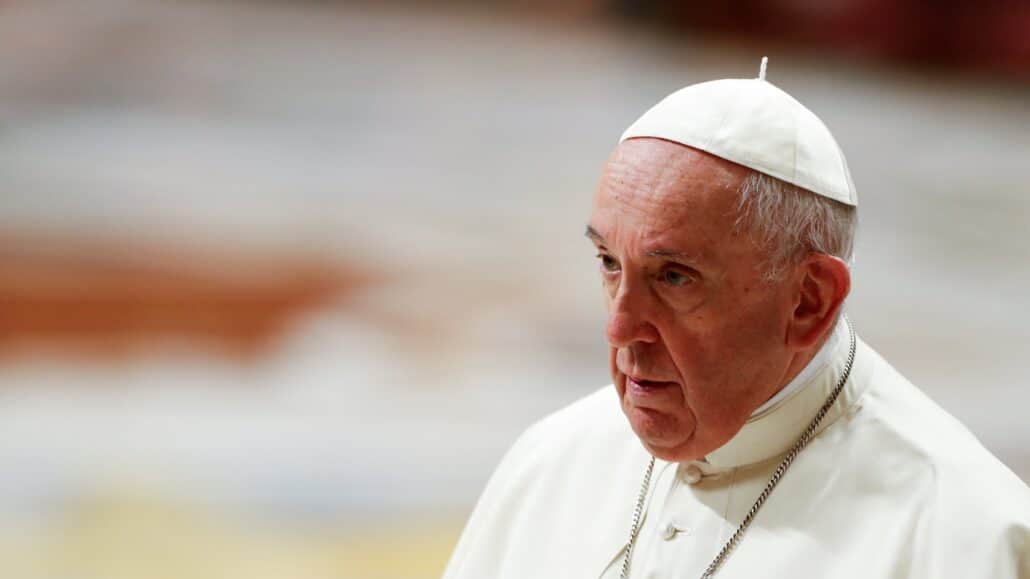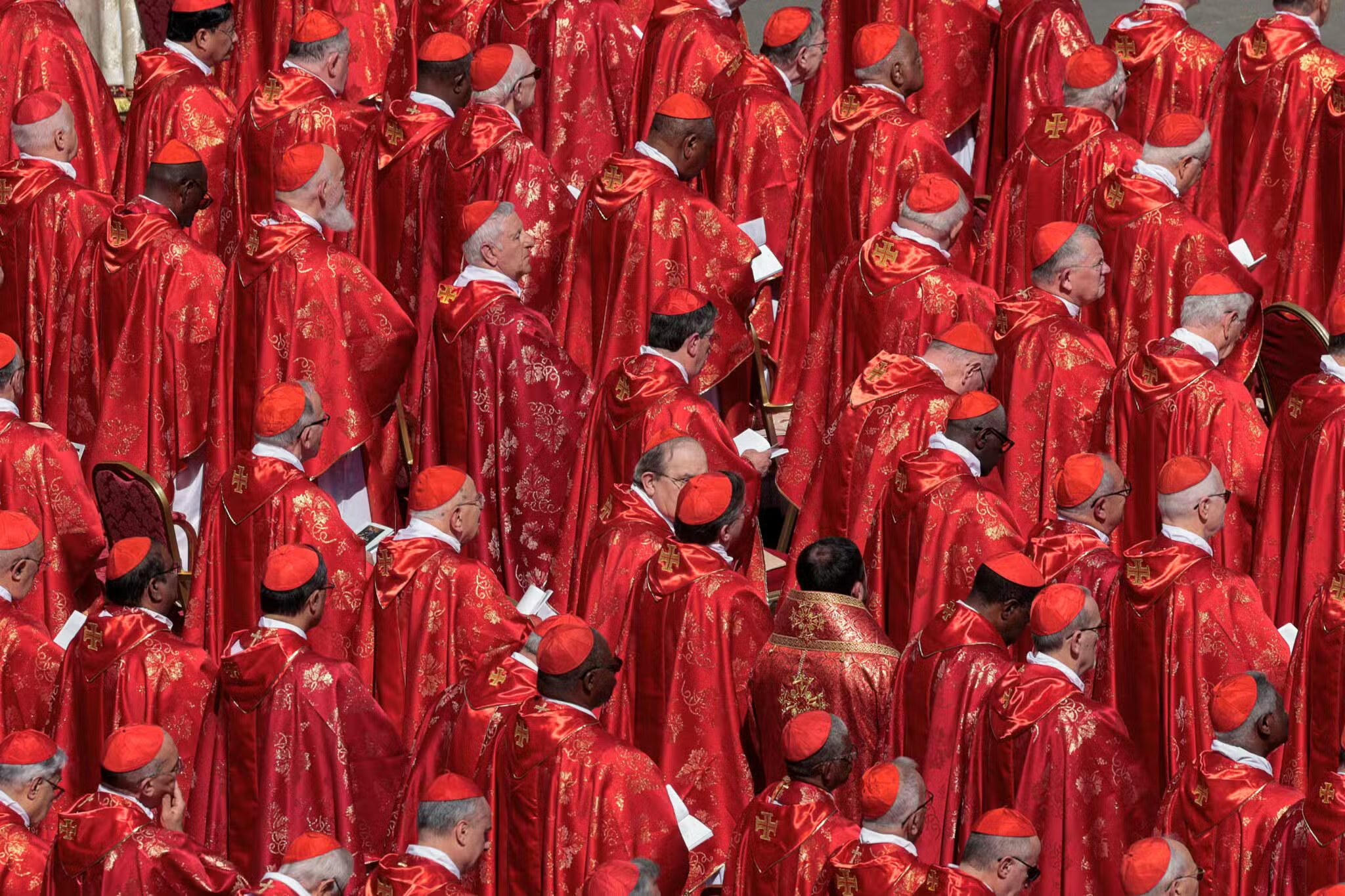Dear Pope Francis…
I write about how the Catholic Church responds to clerical sexual abuse and the bishops or superiors who have enabled it. The Church in the United States is reeling from the revelation in July that former Cardinal Theodore McCarrick sexually abused a minor and later seminarians and priests. This month a grand jury in Pennsylvania released a report documenting that 301 priests and religious in six dioceses abused over 1,000 minors.
You certainly deserve our gratitude for the swift and comprehensive way that you have denounced past abuse, are speaking with survivors regularly, and working to prevent further abuse. This crisis weighs even more heavily on your heart than it does on mine. Thanks for your August 20 “Letter to the People of God.” I look forward to your next steps in implementing the contrition expressed there.
So who is writing this letter? A Franciscan priest ordained 43 years, an editor of St. Anthony Messenger for 19 years, and a Catholic heartsick about a crisis that continues to hemorrhage the Church’s credibility in all areas.
Between late 1985 and early 1992, I worked at the general headquarters of the Order of Friars Minor and processed all the official correspondence between the Holy See and our Order. I have some sense of how the Roman Curia operated then, usually very conscientiously.
‘We Are Weary’
Many US Catholics date their awareness of clergy sexual abuse as a systemic problem to January 2002 when the tsunami of accusations swept away the “It’s only a few bad apples” explanation. A National Catholic Reporter series in 1985 addressed abuse in the Diocese of Lafayette, Louisiana but accurately suggested such abuse may be a national crisis.
St. Anthony Messenger’s February 1994 issue contained our first article on this topic by John Feister. Our “Church in the News” column gives national and international news items about the Catholic Church. Since January 2002, our 202 issues have contained 169 “Church in the News” items (some a few lines and others a full page) about this abuse. Our June 2003 special issue was entitled “Crisis in the Church: Our Search for Healing.” During those same months, we have published another 15 articles and 13 editorials on this topic.
Many Catholics expect a prompt reporting to civil authorities of every accusation, cooperation with those authorities, and severe consequences from the Church in cases that cannot be prosecuted in civil courts because of the statute of limitations
Holy Father, we and our readers are weary of this crisis—and so is probably every other Catholic in this country. In Eucharistic Prayer IV for Various Needs, we ask God, “Let your Church stand as a living witness to peace and justice.” It’s time for us to put more meat on those bones! Never has it been more obvious that genuine peace is a work of justice. I’m sure you would agree that we cannot hope God will do what God rightly expects us to do.
‘It’s Your Turn, Holy Father’
We all know that no one—not even you—can change a past event, but each person—again, including you—is responsible for how he or she responds to a past event once it becomes public knowledge.
I suggest the following:
- Institute a tribunal independent of any existing Vatican office to conduct all canonical trials concerning bishops who commit such abuse or fail to act effectively after receiving complaints of clerical sexual abuse;
- Draw up a code of conduct to be accepted by a bishop before his ordination, specifying how any future complaints cited above will be handled by the Holy See,
- Take what you have learned—especially from the incomplete information provided to you in the case of bishops in Chile—and make this part of the work of the nine cardinals advising you about the reform of the Roman Curia and the governance of the worldwide Church.
Responses at the national level are good, but they will always be inadequate. Some new worldwide juridical mechanism is needed to address these situations. Ad hoc responses thus far have not brought the changes needed. Also, appeals from the new tribunal that I have suggested need to have some time limit for resolution. Last March’s sentence against Archbishop Antonio Apuron of Agana, Guam is still being appealed as I write this letter.
Regarding my second suggestion, the Holy See already specifies for its direct employees the procedures and penalties for handling such abuse or negligence. That code of conduct has not been applied to bishops, archbishops, and cardinals who do not work directly for the Holy See.
My third suggestion will take the longest time to implement. In fact, however, it is the most important. These and other structural changes are urgently needed in order to restore the Catholic Church’s credibility. Your May 31 letter of apology to the Church in Chile suggests that the whole process of appointing bishops needs an overhaul.
Please know that millions of Catholics around the world are supporting you in prayer and will support whatever changes you judge, before God, to be needed at this time.
I pray especially that, by the time you receive this letter, you will have taken the first steps for a more effective response to clerical sexual abusers and the superiors who have protected them.
Pope Francis: From Argentina to the World








